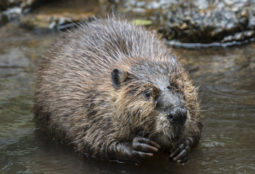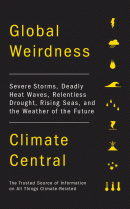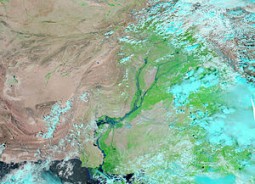
Today’s show features:
Employing Beavers (start time: 11:12): Some consider them pests. Others praise them as saviors of the environment. Whatever your impression of these furry swimming rodents, beavers are gaining more proponents for their ability to make landscapes, and thus humans, more resilient to climate change. Through their dams and lodges, beavers raise water levels, moisten fire-prone forest soil, slow water speed, and thus prevent flooding while storing more water. Host Susan Moran talks with Jessica Doran, a wildlife biologist with EcoMetrics Colorado; and Aaron Hall, senior aquatic biologist with Defenders of Wildlife, about the promises and complexities of employing beavers as ecosystem engineers.
Beaver resources:
iBeaver (crowdsourcing App from Defenders of Wildlife)
How On Earth 2018 interview with Eager author Ben Goldfarb
Rewilding the American West (Ripple et al, BioScience, 2022)
Hosts: Susan Moran, Joel Parker
Show Producer: Susan Moran
Executive Producer: Beth Bennett
Headline contributors: Beth Bennett, Shelley Schlender, Tom Yulsman
Listen to the show here:
Podcast: Play in new window | Download (Duration: 27:13 — 37.4MB)
Subscribe: RSS





